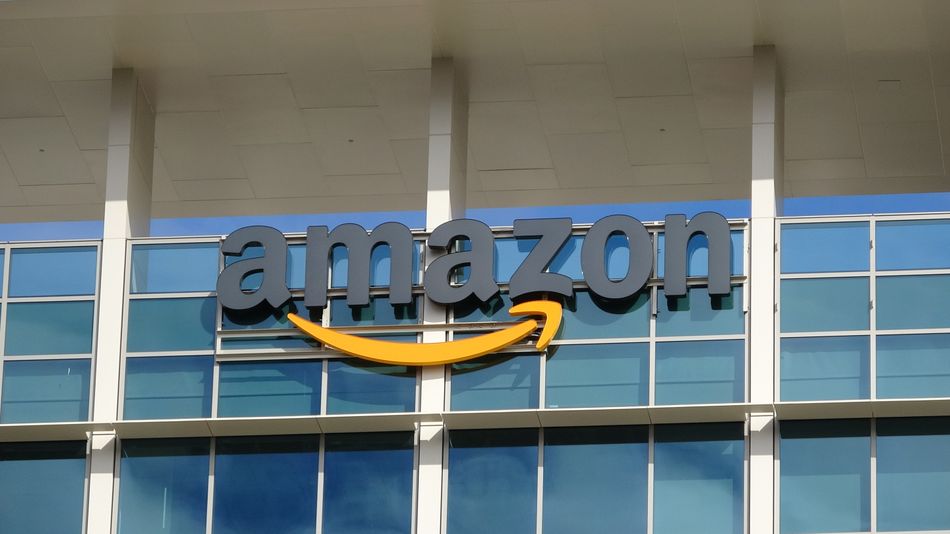Technology
Amazon is liable for defective third-party products, Californian court rules


A Californian Court of Appeal has ruled Amazon is responsible for defective products sold through its Marketplace, even if they are being sold by a third party. This decision has significant implications for Amazon, which had previously managed to avoid liability by claiming it is merely a service provider.
“Whatever term we use to describe Amazon’s role, be it ‘retailer,’ ‘distributor,’ or merely ‘facilitator,’ it was pivotal in bringing the product here to the consumer,” Justice Patricia Guerrero said in her ruling. “Under established principles of strict liability, Amazon should be held liable if a product sold through its website turns out to be defective.”
Strict liability is a legal standard that holds people responsible for injury caused by their actions, even if there was no fault or malicious intent involved.
The court’s finding overturns a San Diego Superior Court decision from last year. The case concerned San Diego woman Angela Bolger, who used Amazon to buy a replacement laptop battery from an Amazon seller listed as “E-Life” — a pseudonym for Lenoge Technology (HK) Ltd. Several months after Bolger received the battery it exploded, inflicting her with severe burns.
Bolger sued Amazon, which successfully argued that it couldn’t be held accountable because it only provides an online marketplace service, and didn’t manufacture, distribute, or sell the battery to her.
However, the Court of Appeal has found that while the battery was not Amazon-branded, the company’s involvement went beyond that of a mere online marketplace such as eBay, as Amazon handled payment and shipping as well as stored the battery in one of its warehouses.
“Amazon accepted possession of the product from Lenoge, stored it in an Amazon warehouse, attracted Bolger to the Amazon website, provided her with a product listing for Lenoge’s product, received her payment for the product, and shipped the product in Amazon packaging to her,” said Guerrero. “Amazon set the terms of its relationship with Lenoge, controlled the conditions of Lenoge’s offer for sale on Amazon, limited Lenoge’s access to Amazon’s customer information, forced Lenoge to communicate with customers through Amazon, and demanded indemnification as well as substantial fees on each purchase.”
“Amazon is a direct link in the chain of distribution, acting as a powerful intermediary between the third-party seller and the consumer,” Guerrero continued. “Bolger’s claims are based on Amazon’s role in the chain of production and distribution of an allegedly defective product.”
The decision follows a previous ruling by the Philadelphia Court of Appeal last year, which also found Amazon could be held liable for defects in third-party products. Such findings open Amazon up to a myriad of complaints from customers seeking redress for defective third-party products — lawsuits Amazon no doubt would rather avoid.
Mashable has reached out to Amazon for comment.
-

 Entertainment6 days ago
Entertainment6 days agoWordPress.org’s login page demands you pledge loyalty to pineapple pizza
-

 Entertainment7 days ago
Entertainment7 days agoRules for blocking or going no contact after a breakup
-

 Entertainment6 days ago
Entertainment6 days ago‘Mufasa: The Lion King’ review: Can Barry Jenkins break the Disney machine?
-

 Entertainment5 days ago
Entertainment5 days agoOpenAI’s plan to make ChatGPT the ‘everything app’ has never been more clear
-

 Entertainment4 days ago
Entertainment4 days ago‘The Last Showgirl’ review: Pamela Anderson leads a shattering ensemble as an aging burlesque entertainer
-

 Entertainment5 days ago
Entertainment5 days agoHow to watch NFL Christmas Gameday and Beyoncé halftime
-

 Entertainment4 days ago
Entertainment4 days agoPolyamorous influencer breakups: What happens when hypervisible relationships end
-

 Entertainment3 days ago
Entertainment3 days ago‘The Room Next Door’ review: Tilda Swinton and Julianne Moore are magnificent

















